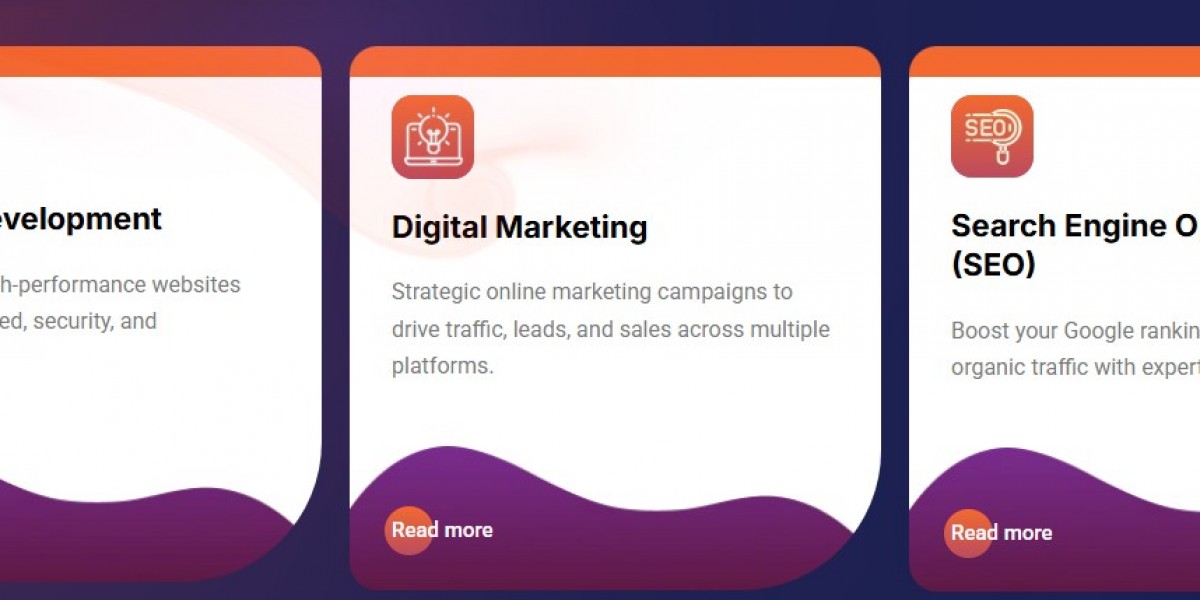Attention Deficit Hyperactivity Disorder (ADHD) is a neurodevelopmental condition that affects millions of children and adults worldwide. Managing ADHD often requires a combination of behavioral therapy, lifestyle changes, and medications. Among the various treatment options available, medications play a crucial role in improving focus, reducing impulsivity, and enhancing overall cognitive function.
This guide provides a comprehensive overview of ADHD medications, their types, benefits, potential risks, and essential considerations for those seeking treatment.
Understanding ADHD and Its Impact
ADHD is characterized by symptoms such as inattention, hyperactivity, and impulsivity. These symptoms can interfere with daily life, academic performance, work efficiency, and relationships. While therapy and lifestyle changes are important, medications are often prescribed to help manage the symptoms effectively.
Types of ADHD Medications
ADHD medications fall into two main categories: stimulants and non-stimulants. Each type works differently in the brain to regulate neurotransmitters and improve focus and self-control.
1. Stimulant Medications
Stimulants are the most commonly prescribed drugs for ADHD. They work by increasing dopamine and norepinephrine levels in the brain, helping to enhance concentration and impulse control.
Common Stimulant Medications
Amphetamines (Adderall, Dexedrine, Vyvanse) – These medications help improve attention span and reduce hyperactivity.
Methylphenidates (Ritalin, Concerta, Focalin) – These drugs are effective in enhancing focus and impulse control.
2. Non-Stimulant Medications
Non-stimulants are prescribed for individuals who do not respond well to stimulants or experience severe side effects. These medications help regulate neurotransmitter activity without increasing dopamine levels.
Common Non-Stimulant Medications
Atomoxetine (Strattera) – A selective norepinephrine reuptake inhibitor (SNRI) that improves focus and reduces impulsivity.
Guanfacine (Intuniv) and Clonidine (Kapvay) – Originally used for high blood pressure, these medications help manage ADHD symptoms by affecting brain receptors involved in impulse control.
Benefits of ADHD Medications
ADHD medications offer several benefits that can significantly improve the quality of life for individuals with the condition.
1. Enhanced Focus and Attention
One of the primary advantages of ADHD medications is improved concentration, making it easier for individuals to complete tasks, stay organized, and retain information.
2. Better Impulse Control
Medications help reduce impulsive behavior, enabling individuals to think before acting, which is crucial for academic, professional, and social success.
3. Increased Productivity
By improving attention span and reducing distractions, ADHD medications allow individuals to perform better in school, work, and other daily activities.
4. Improved Emotional Regulation
Some ADHD medications can help stabilize mood swings and reduce frustration, making social interactions and relationships more manageable.
5. Long-Term Positive Effects
Consistent and proper use of ADHD medications can lead to improved self-esteem, better academic performance, and overall enhanced mental well-being.
Risks and Side Effects of ADHD Medications
While ADHD medications are beneficial, they also come with potential risks and side effects. Understanding these risks is essential for making an informed decision about treatment.
1. Common Side Effects
Insomnia – Difficulty falling or staying asleep is a common issue with stimulant medications.
Loss of Appetite – Some individuals may experience reduced hunger, leading to weight loss.
Increased Heart Rate and Blood Pressure – Stimulants can cause cardiovascular changes, which may be concerning for individuals with preexisting conditions.
Anxiety and Irritability – Some people may feel nervous or experience mood swings while taking ADHD medications.
2. Potential for Dependence and Abuse
Certain stimulant medications, such as Adderall, have a risk of misuse and addiction, especially if taken without a prescription. Many individuals look for ways to buy Adderall online, but it is crucial to ensure legal and safe purchasing methods. Misuse of ADHD medications can lead to serious health complications, including heart problems and psychological dependency.
3. Long-Term Health Concerns
Prolonged use of ADHD medications may affect growth in children, alter sleep patterns, or lead to tolerance, requiring dosage adjustments over time. Regular medical check-ups are necessary to monitor long-term effects.
Who Should Take ADHD Medications?
ADHD medications are not suitable for everyone. A healthcare professional evaluates the severity of symptoms, medical history, and potential risks before prescribing these drugs.
Factors to Consider:
Age – Medications are commonly prescribed for children, teens, and adults, but dosage and effectiveness vary.
Medical History – Individuals with heart conditions, anxiety disorders, or a history of substance abuse may require alternative treatments.
Lifestyle and Needs – Some individuals may prefer non-medication approaches, such as behavioral therapy, dietary changes, and exercise.
How to Use ADHD Medications Safely
Proper usage of ADHD medications ensures effectiveness while minimizing risks.
1. Follow Prescribed Dosage
Always take the medication as directed by a doctor. Avoid self-medicating or increasing the dosage without medical advice.
2. Monitor Side Effects
Keep track of any changes in mood, appetite, or sleep patterns and discuss concerns with a healthcare provider.
3. Avoid Mixing with Other Substances
Certain medications, alcohol, and illicit drugs can interact negatively with ADHD medications. Always inform the doctor about any other substances being used.
4. Consider Medication Breaks
For some individuals, taking short breaks from medication (under medical supervision) can help reduce tolerance and assess whether continued use is necessary.
5. Purchase Medications from Reliable Sources
Many people search for ways to buy Adderall online due to convenience or cost factors. However, it is essential to ensure that the source is a legitimate and licensed pharmacy to avoid counterfeit or unsafe drugs. Always consult a healthcare professional before making any purchase.
Alternative Treatments for ADHD
While medications are effective, some individuals prefer or require alternative treatments. These may include:
Behavioral Therapy – Helps improve time management, organization, and coping strategies.
Dietary Changes – A balanced diet rich in protein, omega-3 fatty acids, and whole grains may support brain function.
Exercise and Meditation – Physical activity and mindfulness practices can enhance focus and reduce stress.
Supplements – Some individuals benefit from natural supplements like zinc, magnesium, and vitamin B6.
Conclusion
ADHD medications play a vital role in managing symptoms and improving daily functioning for many individuals. While stimulant and non-stimulant options are available, it is crucial to weigh the benefits and risks before starting any medication. Consulting a healthcare provider, following prescribed guidelines, and considering alternative therapies can help individuals find the most effective treatment plan.
For those considering medication options, ensuring safe and legal purchasing methods is essential. Whether buying in person or looking to buy Adderall online, always choose a licensed pharmacy to avoid potential health risks. With proper management, individuals with ADHD can lead productive and fulfilling lives.
Resource : https://adderallonline.info/shop/adderall-30-mg-sandoz/







